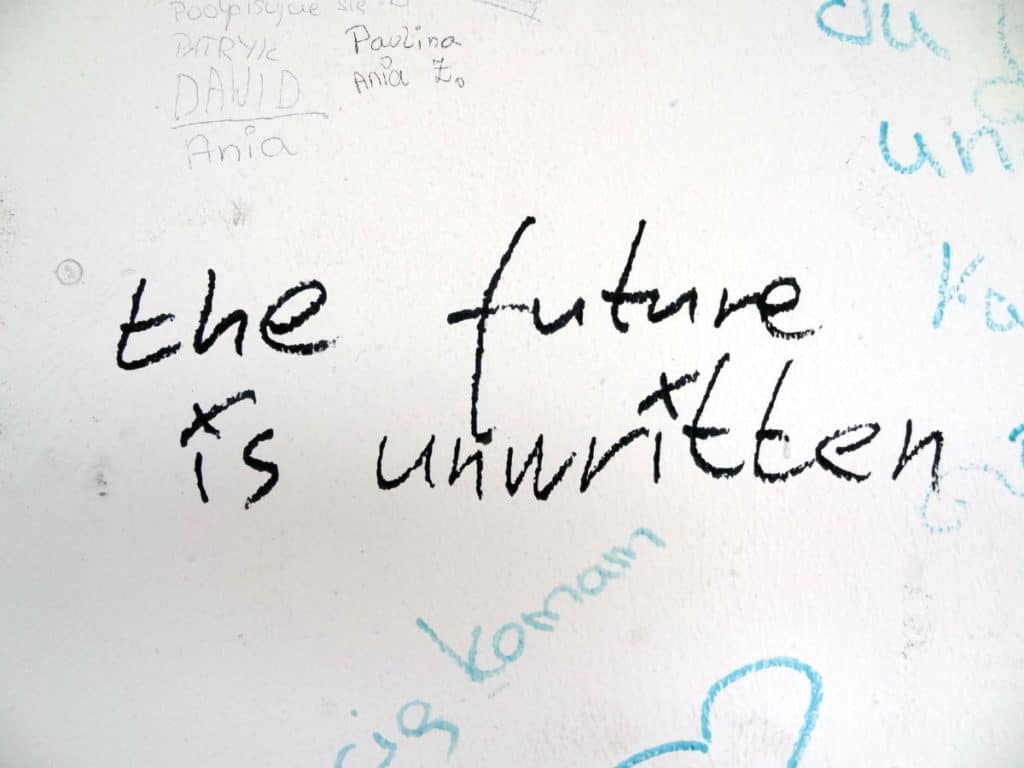It’s no secret that change is in the air. The traditional workplace is dissolving before our very eyes, and we’re seeing the rise of a new style of worker—one who is not defined nor confined by the company for which they work for, but instead, by how they work. Thanks to readily accessible tools and services like Hangouts, Slack, and Upwork—just to name a few—it’s now easier than ever for workers to drop everything on a moment’s notice and try their luck in the world of freelance. And who wouldn’t want to give it a shot? No boss, no set schedule, no workplace drama; just you, a fair and reasonable hourly rate, and the freedom to work where and how you please. It’s near divine compared to what we’re used to—or is it?
While there are many positives, freelancers in a “gig economy” experience many challenges:
- Freelancers, especially if they came from a large organization, suddenly realize that they’re missing lots of infrastructure and supporting services to do their job that just happened “magically” in larger organizations. If they focus on getting better resources for themselves that work isn’t billable so it affects their income levels.
- Freelancers are only able to take smaller gigs as they’re typically a single cog in a larger solution for a larger more organized entity.
- Sudden changes in client engagements, which freelancers/contractors are prone to, cause wild fluctuations in their cash flow. If they haven’t got consistent deal flow these changes in cash flow can be very painful financially.
- Many freelancers feel lonely, even if they speak to clients throughout the day, because they aren’t part of a bigger community where they can honestly share and exchange ideas.
To some, the new dynamic set forth by the “gig economy” feels incredibly promising, as if it’s laddering up to become the end all be all savior for the worker. But the issue with the “gig economy” is that the model (at least in its current conception) ultimately stops short of the goal many of its more pious advocates expect it to eventually achieve—a sort of digitized nirvana for the specialized worker. If the gig economy was the future of work then what’s next?
I believe there is a new way of working that puts the needs of the independent worker first which results in a more effective and cohesive team – all while solving the biggest complaints that businesses have with engaging workers from the “gig economy”. In fact, it’s not just a new way of working, but the foundation for a new type of company: a collective.
The world has already shown an appetite for this new dynamic. In fact, the governing pieces behind another revolutionary framework that’s begun hijacking discussions at nearly every corner of the business world, the blockchain, exemplify many of the necessary traits of how I believe modern teams of independent workers should collaborate – flat in structure, decentralized, radically transparent, and built around the sharing economy. What the “gig economy” and the Blockchain frequently lacks is the one of the most important ingredients: a hardened system of shared beliefs. I believe that these traits when applied correctly lead to better business results and a happier more enlightened workforce.
The grand unifier for these traits is something can’t be found in the technology driven foundation of today’s “gig economy” is trust. Technology can help a freelancer to trust a transaction, but it doesn’t build a community. It doesn’t build a tribe where people trust in each other. As more and more people are pulled in a certain direction, they’ll naturally begin forming a solid pack—one that’s truly built upon a hardened system of shared beliefs, rather than forced into place by a hollow agenda. Those of us living the “gig economy” have found a better way.
The open nature of technology platforms that enable the “gig economy” allow anyone to enter and try their hand at this new way of working. One of the fastest ways to build trust beyond a shared belief system is seek out and only allow strong members into the collective. If the old adage goes “You’re only as strong as your weakest link!” then these collectives need to be mindful of a high bar for entry. High quality experts are always in demand, and freelancing within a collective shifts from being a “side-hustle” to being a powerful way to market yourself while maximizing your income well beyond what even a traditional job could provide.
I believe we’re on the precipice of a generation of companies that refrain from instituting any form of traditional hierarchy. Egos replaced with equals and leaders who define their strength through action and not title. A collective model can be flat in nature with continually shifting leadership, allowing each individual equal say in the orientation of the group. Collectives wouldn’t be formed by technology, but by groups who share similar goals, complementary skill sets, but most importantly shared respect and trust that forms the foundation of their culture.
When we become the system, not just a player within the system, we can solve the following challenges:
- Larger groups, appropriately aligned, can share resources and gain better access to technology, marketing, sales, legal, and general operational tools.
- As a collective workers engage companies at all sizes by delivering complete solutions versus one piece of the puzzle. As a single operating company it’s also easier for clients to engage versus independent contractors.
- In a collective model sharing opportunities across the group members create more deal flow for entire organization and allowing the individuals to maintain and secure individual long standing relationships with clients in a smaller trusted group.
- By building a true community you know that everyone in our group is working towards a common goal and for each other’s betterment. You have peers to learn and collaborate with that are more than just transactional interactions. They’re sharing your journey.
This is the future of work, a collective model, the step beyond the gig economy.
When power is dispersed, location is obsolete, and trust is re-imagined as a tool for success, the pace and efficiency at which work can be completed becomes tenfold. Companies are already clamoring to accommodate for the disruption caused by the gig economy. Freelancers and independent consultants need to fill the vacuum with a smarter, more specialized solution to the problems of traditional work. Together, they can gain the upper-hand. Together, they can define the new dynamic. Together, they can solve larger and more meaningful business challenges.




